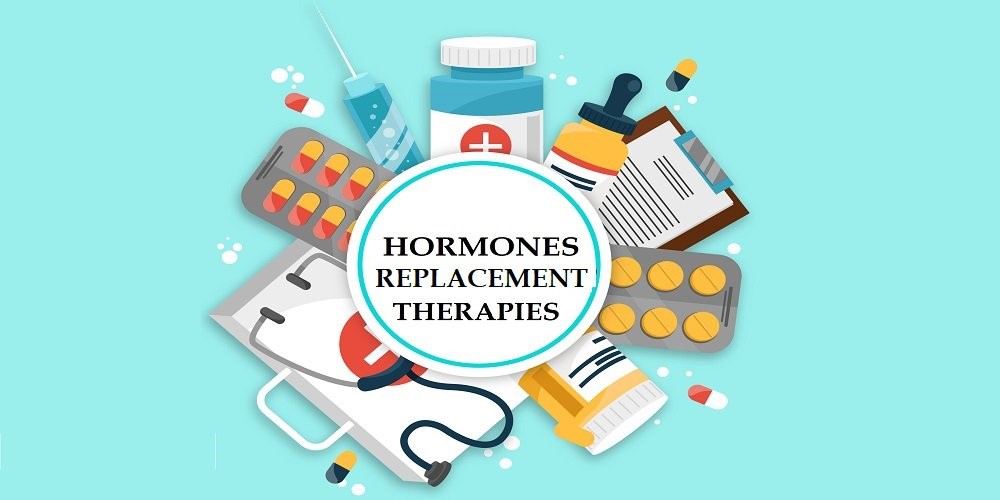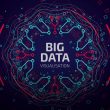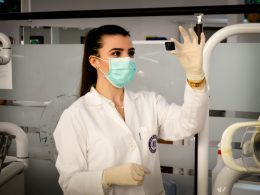Aging is an inevitable part of life, a complex biological process that has intrigued scientists, philosophers, and the general public for centuries. As the global population continues to age, understanding and mitigating the effects of aging has never been more crucial. Recent advancements in science and medicine are revolutionizing our approach to aging, offering new insights and treatments that promise to enhance the quality of life for the elderly. This article delves into the future of aging, focusing on the latest insights and innovative treatments that are shaping this rapidly evolving field.
New Insights into Aging
The Biology of Aging
One of the most significant advancements in aging research is the deeper understanding of the biological mechanisms that drive the aging process. Scientists have identified several key factors that contribute to aging, including genetic mutations, cellular damage, and the decline of stem cell function. These discoveries have paved the way for targeted treatments aimed at slowing down or even reversing some aspects of aging.
The Role of Genetics
Genetic research has revealed that certain genes play a crucial role in determining lifespan and the onset of age-related diseases. For example, the discovery of the SIRT1 gene, which is involved in cellular repair and longevity, has opened new avenues for developing treatments that can potentially extend human life. Additionally, advancements in gene editing technologies, such as CRISPR, offer the possibility of correcting genetic mutations that contribute to aging and age-related diseases.

Cellular Senescence
Another critical insight is the role of cellular senescence in aging. Senescent cells are cells that have stopped dividing and accumulate over time, contributing to tissue dysfunction and inflammation. Researchers have found that removing these senescent cells can improve health and extend lifespan in animal models. This has led to the development of senolytic drugs, which selectively target and eliminate senescent cells, offering a promising new approach to treating age-related conditions.
Innovative Aging Treatments
Senolytics: Targeting Senescent Cells
Senolytics represent a groundbreaking class of drugs designed to combat aging by targeting senescent cells. Early studies in animals have shown that senolytic drugs can improve physical function, reduce inflammation, and extend lifespan. Human trials are currently underway, and if successful, these drugs could revolutionize the treatment of age-related diseases such as arthritis, cardiovascular disease, and neurodegenerative disorders.
Regenerative Medicine
Regenerative medicine, which includes stem cell therapy and tissue engineering, holds immense potential for treating age-related conditions. Stem cells have the unique ability to differentiate into various cell types, offering the possibility of repairing damaged tissues and organs. Advances in stem cell research have led to the development of therapies for conditions such as Parkinson’s disease, macular degeneration, and heart failure. Additionally, tissue engineering techniques are being used to create bioengineered organs and tissues, which could one day replace damaged or aging body parts.

Hormone Replacement Therapy
Hormone levels decline with age, contributing to various age-related symptoms and conditions. Hormone replacement therapy (HRT) aims to restore hormone levels to a more youthful state, alleviating symptoms and improving overall health. For example, testosterone replacement therapy is used to treat age-related testosterone deficiency in men, while estrogen replacement therapy is used to manage menopausal symptoms in women. Recent advancements in HRT include the development of bioidentical hormones, which are chemically identical to the hormones produced by the human body, offering a more natural and potentially safer alternative to traditional hormone therapies.
Nutraceuticals and Dietary Interventions
Diet and nutrition play a crucial role in the aging process. Nutraceuticals, which are food-derived compounds with health benefits, are gaining popularity as potential anti-aging treatments. For example, resveratrol, a compound found in red wine, has been shown to activate longevity genes and improve healthspan in animal models. Similarly, dietary interventions such as intermittent fasting and caloric restriction have been linked to increased lifespan and improved health in various species. Ongoing research aims to identify the most effective dietary strategies and nutraceuticals for promoting healthy aging in humans.
Personalized Medicine
The future of aging treatments lies in personalized medicine, which tailors medical interventions to an individual’s unique genetic makeup, lifestyle, and environmental factors. Advances in genomics, proteomics, and metabolomics are enabling the development of personalized treatment plans that can optimize health and longevity. For example, genetic testing can identify individuals at higher risk for age-related diseases, allowing for early intervention and targeted therapies. Personalized medicine also includes the use of advanced diagnostic tools to monitor aging biomarkers and track the effectiveness of treatments over time.

The Societal Impact of Aging Treatments
Ethical Considerations
As we develop new treatments to combat aging, it is essential to consider the ethical implications. Extending human lifespan raises questions about resource allocation, population growth, and the potential for increased inequality. Ensuring that these treatments are accessible to all individuals, regardless of socioeconomic status, is crucial for promoting equity and social justice.
Economic Implications
The economic impact of aging treatments is another critical consideration. While the initial cost of developing and implementing these treatments may be high, the long-term benefits could outweigh the expenses. By improving health and extending the productive years of life, aging treatments have the potential to reduce healthcare costs and increase economic productivity. However, policymakers must carefully balance the costs and benefits to ensure sustainable and equitable healthcare systems.
Quality of Life
Ultimately, the goal of aging treatments is not just to extend lifespan but to enhance the quality of life in old age. By addressing the underlying causes of aging and age-related diseases, these treatments can help individuals maintain physical and cognitive function, independence, and overall well-being. This shift from merely prolonging life to promoting healthy aging represents a paradigm shift in how we approach aging and healthcare.
Conclusion
The future of aging is bright, with new insights and treatments offering the promise of healthier, longer lives. Advances in genetics, cellular biology, regenerative medicine, and personalized medicine are revolutionizing our understanding of aging and paving the way for innovative therapies. As we continue to explore the complexities of aging, it is essential to consider the ethical, economic, and societal implications of these advancements. By focusing on promoting healthy aging and ensuring equitable access to treatments, we can create a future where aging is not a burden but a new chapter of vitality and fulfillment.












